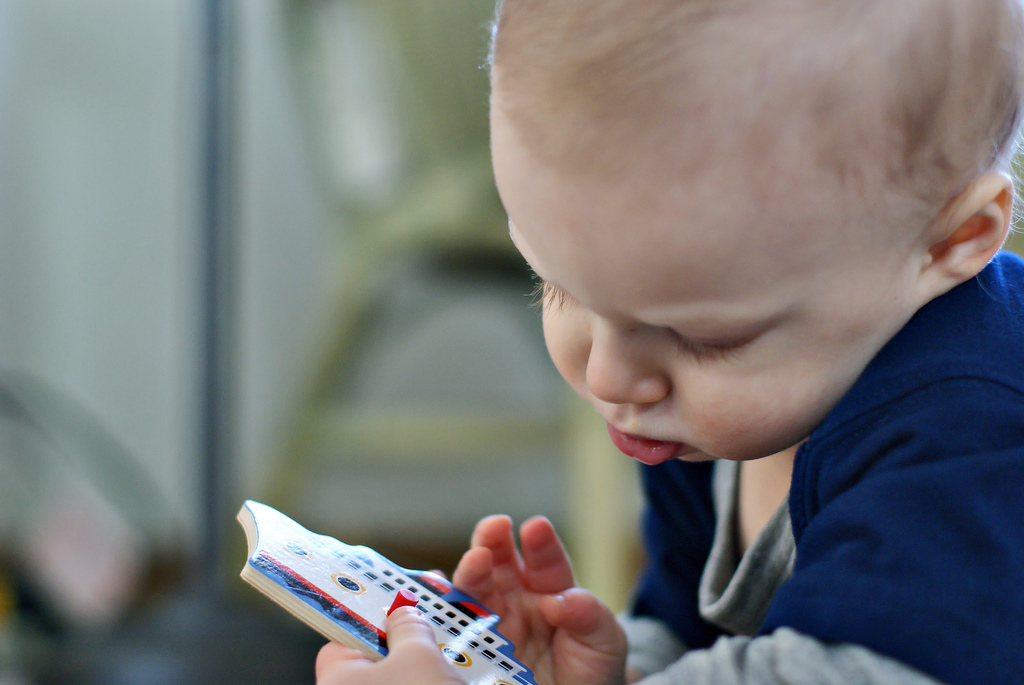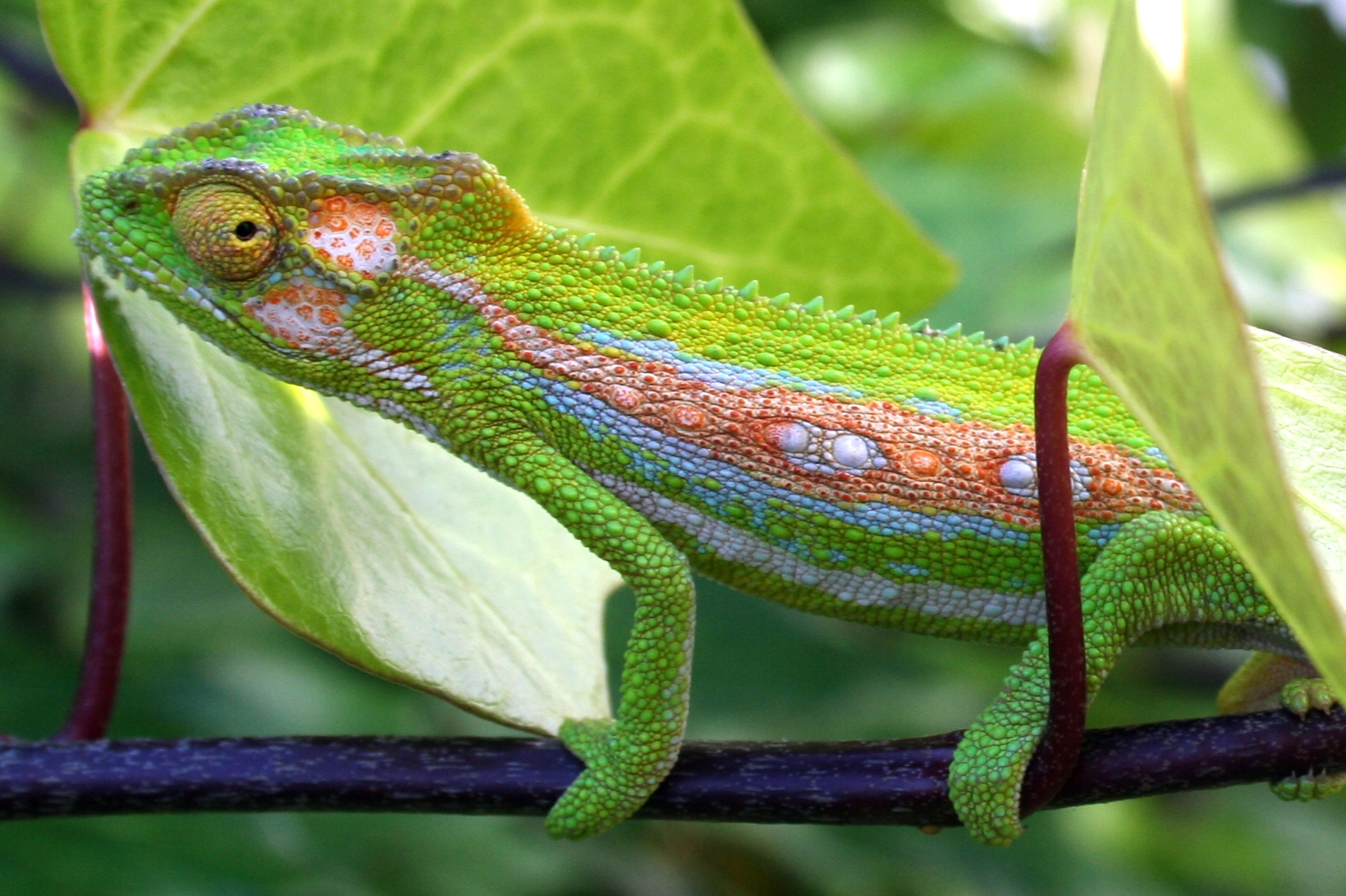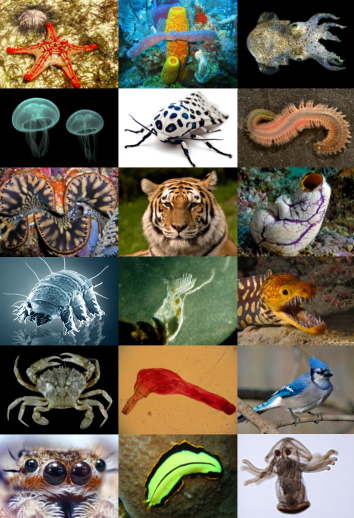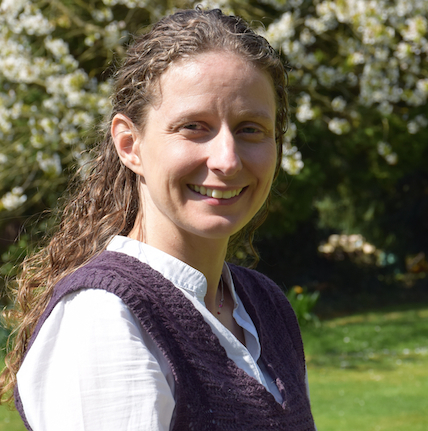What is intelligence? The ability to process information or respond to signals? The use of language, music or mathematics? One measure of whether something is intelligent is if it can use past experience to direct future behaviour in a helpful direction. This is something I often attempt, with varying levels of success! In recent years, a number of researchers have been asking whether evolutionary processes can also do this.

Learning by Ben Grey. Flickr (CC BY-SA 2.0)
Learning theory is the study of processes that change over time, based on previous experience. If a toddler touches the heater and finds it hot, that experience should inform his actions when he’s faced with a heater in the future. In a similar way, mathematical or computer-driven learning systems can make simple generalisations or guesses based on what has happened before. They gradually build up a model of behaviour that fits as much of their past history as possible, and use that to generate new behaviours.

chameleon-garden by Ross Dismore. Freeimages
Analogies are often used to help people understand complex concepts, but in science this can go much further, allowing us to transfer knowledge from one discipline to another. If ‘learning’ is a good analogy for the way evolution plays out over time, then insights and findings from learning theory can be used to explore evolution from a whole new, and potentially enriching, angle. If it turns out that evolution can ‘learn’, this might explain how a seemingly random process can produce such apparently ‘intelligent designs’.
In a recent paper, two scientists describe how theories about learning behaviours have been applied to evolving systems, such as an ecosystem or a group of genes that work together in a single species. They have found that mathematical algorithms of learning can be applied directly to these systems in a way that makes it easier to see the underlying patterns behind the process.
For example, there is the concept of evolvability (the ability to evolve). If populations of organisms are too rigidly specialised for a certain scenario, they will be vulnerable when conditions change. On the other hand, it is important to hold onto adaptions that have been helpful in the past, such as resistance to specific diseases, because they might be helpful if a similar challenge comes up in the future. This mirrors a concept in learning theory called ‘overfitting’, where a student learns in such a way that she becomes incredibly good at test exam questions but is unable to deal with a slightly different form of that question in the final exam or a real situation. On the other hand, if she is too vague or general in her studies she will not capture enough of the detail to be able to apply herself to any given scenario.
In both of these examples, the best scenario is to find a balance between strict control and creative freedom so the leaner can capture deep regularities in the system that are consistent over time. Retaining and accumulating this information leads to a better response to new situations in the future. As the author of the paper puts it, biological systems ‘evolve to get better at evolving.’ Over time, an intelligent process can make gradual improvements to solve a difficult problem, while taking the risk of allowing enough space for creativity. This is just one example of learning in evolutionary processes, and there are many more.

Animal Diversity By creator of composite, User:Medeis. Creative Commons-Wikimedia. For original authors and license specifications, see page
So it seems that learning theory might be one of the tools that can help biologists to understand why evolution by natural selection can produce something as complex as an eye. This insight into the process which makes intelligent organisms should in no way take away from our appreciation of that process or awe at the intelligent creatures themselves. To me this seems entirely compatible with the character of God. What sort of process would a rational and intelligent being use to create a world?
Further reading
Why evolution might be smarter than we thought – a popular level article summarising these ideas
How can evolution learn? – Academic opinion paper by the same author

© Ruth Bancewicz, Nigel Bovey
Ruth Bancewicz is a Senior Research Associate at The Faraday Institute for Science and Religion, where she works on the positive interaction between science and faith. After studying Genetics at Aberdeen University, she completed a PhD at Edinburgh University, based at the MRC Human Genetics Unit. She spent two years as a part-time postdoctoral researcher at the Wellcome Trust Centre for Cell Biology at Edinburgh University, while also working as the Development Officer for Christians in Science. Ruth then moved to The Faraday Institute to develop the Test of FAITH resources, the first of which were launched in 2009. Ruth is a trustee of Christians in Science and on the advisory council of BioLogos.





